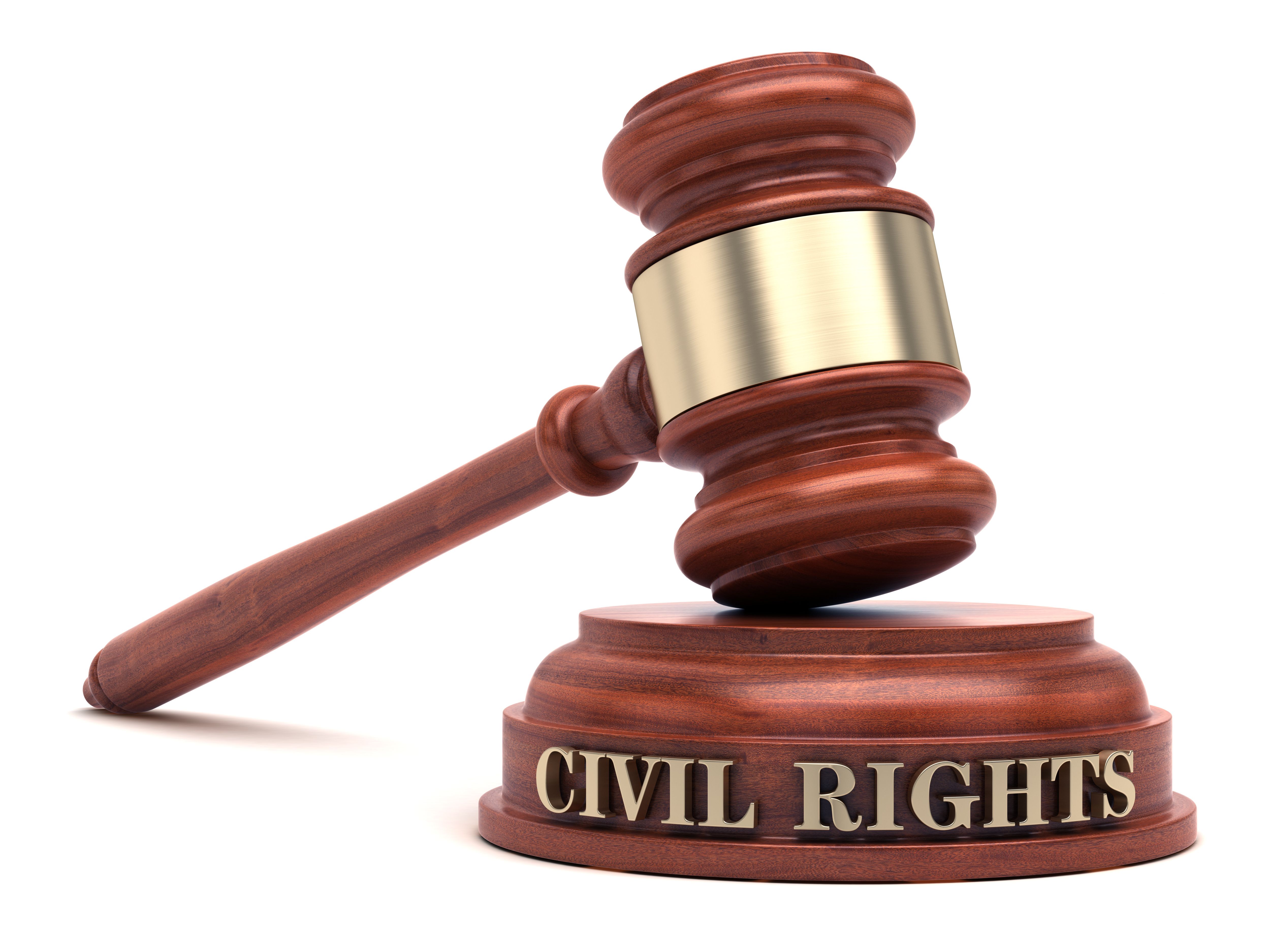We interviewed civil rights attorney, Alicia Olivares, to get her insights on civil rights
 Did you start your career as a civil rights attorney? How has it evolved over time?
Did you start your career as a civil rights attorney? How has it evolved over time?
Yes, I did. During law school, I worked at Bet Tzedek Legal Services in Los Angeles, a nonprofit organization that provides free, comprehensive legal services for low-income individuals. After law school, I focused on representing individuals in employment discrimination and wrongful termination cases, which I found extremely rewarding. It was magnificent to see justice served for individuals who lost their employment and entire livelihood due to discriminatory reasons.
I have devoted my entire career to representing employees against corporations, large and small, in cases of discrimination and harassment, retaliation, pregnancy discrimination, and medical leave cases. My practice has also developed into handling class action cases representing hundreds of employees in cases where the employer systematically fails to pay overtime or misclassify employees as independent contractors to avoid paying employees properly. My practice also includes gender pay equity cases.
How do you think the recent political climate has affected civil rights cases?
The current political climate has a direct impact on civil rights cases because President Trump is certain to appoint conservative federal judges and Supreme Court Justices that will affect existing civil rights laws. For example, the appointment of Justice Neil Gorsuch is likely to have a significant impact on labor and employment cases before the U.S. Supreme Court.
The most important employment law case on the Court’s docket is Epic Systems Corp. v. Lewis, No. 16-285. In Epic, the Seventh Circuit held that the inclusion of a class action waiver in an arbitration agreement violated the National Labor Relations Act, finding that participating in a class is a “concerted activity” protected by the NLRA. If the Supreme Court rules that class action waivers are enforceable under the Federal Arbitration Act, it will result in a tremendous blow to employees’ abilities to sue an employer on a class-wide basis. 
What are three main things people should understand about starting a civil rights case?
First, employees have protection from retaliation for protesting civil rights violations at work or participating in a civil rights case. Sometimes employees are afraid that if they complain about unlawful discrimination or unlawful harassment, their job may be in jeopardy. But, it is unlawful for an employer to retaliate against an employee for engaging in that protected activity. Second, employees might not know that they may be able to individually sue individual employees in the workplace (like supervisors or managers) that engage in certain civil rights violations, like sexual harassment or defamation. Third, employees who prevail on a case for civil rights violations under the Fair Employment and Housing Act can recover the reasonable attorney’s fees incurred by the defendant/employer.
What is the process for someone unsure if they have a civil rights case or not?
Determining whether someone has a case is a very easy process. Our firm makes the intake process very easy and short. If someone feels they have a potential case, or simply wants to discuss their options, they can call Feldman Browne, APC for a free consultation. If we decide to take the case, we will walk them through next steps to ensure the client’s immediate needs and long-term goals are met.
Do you see case “trends” year after year? Is there one type of case that is typically more prevalent than others?
Trends do occur. For example, currently, as the issue of gender pay inequity rises to the foreground in Hollywood and in the tech industry, more women are evaluating their particular situations and are have been more willing to do recognize the issue and do something about it.
At what point should a person seek the counsel of a civil rights lawyer?
As soon as possible. The time you have to file a lawsuit is limited, so you don’t want to miss that opportunity. For example, if you’re denied a promotion, you shouldn’t wait to see what happens next time you apply for another promotion. If you let the applicable statute of limitations pass, you may not be able to seek redress for the earlier failure to promote.
 Can I sue my employer?
Can I sue my employer?
Yes. It is illegal for employers to discriminate against job applicants and employees because of a protected category, or retaliate against them because they have asserted their rights under the law. California’s Fair Employment and Housing Act prohibits harassment based on a protected category against an employee, an applicant, an unpaid intern or volunteer, or a contractor. If an employer engaged in unlawful conduct, an employee can sue the employer.
How much does a civil rights attorney cost?
Depending on the facts of the case, Feldman Browne, APC generally does not charge clients upfront. We take cases on a “contingency” fee basis, which means that we will only get paid a percentage of what we recover for the employee.
How long is a civil rights case process?
It depends on the needs of the client and the ultimate goal. Sometimes cases can resolve quickly, but, sometimes the litigation process can be lengthy and proceeding to trial can sometimes take more than a year. We always keep the client’s goals and needs in mind and develop a litigation strategy that meets those needs.


